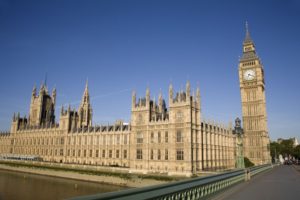Under certain circumstances, taxpayers can apply to HMRC for clearance or approval for a specific transaction. This can help give certainty about how a proposed transaction will be treated. Of course, there are numerous caveats to seeking clearance and the taxpayer must have provided all relevant facts regarding the intended transaction. If any relevant information was not provided, then HMRC’s clearance will be invalid.
There are two types of clearance available. A statutory clearance / approval or a non-statutory clearance / approval. Statutory clearance applications can be made to HMRC before the relevant transaction or event has taken place based on the underlying legislation. Although, it is not mandatory to do so in cases where statutory clearance is available, it is usually recommended to obtain HMRC’s approval up-front.
The non-statutory clearance service concerns areas of tax where the legislation does not otherwise provide for a formal clearance process. Before using this service HMRC requires the taxpayer to check a transaction is not covered by a more appropriate clearance or approval route, and to have fully considered HMRC’s guidance about all clearance and approval routes.
HMRC does not provide clearances or advice for the application of the ‘settlements legislation’ or the tax consequences of executing non-charitable trust deeds or settlements. In addition, HMRC does not provide either formal or informal clearances that the general anti-abuse rule (GAAR) does not apply or in cases that in HMRC’s view relate to tax avoidance.







